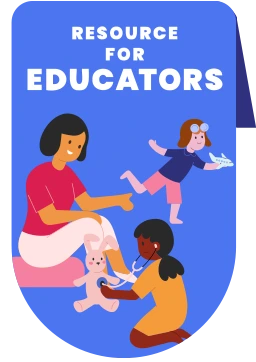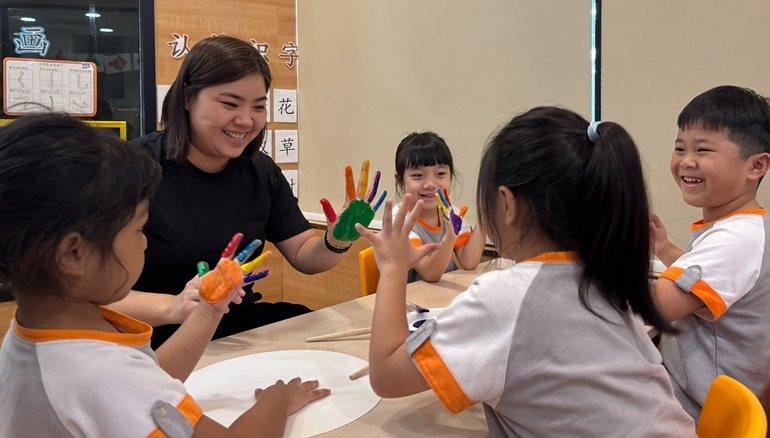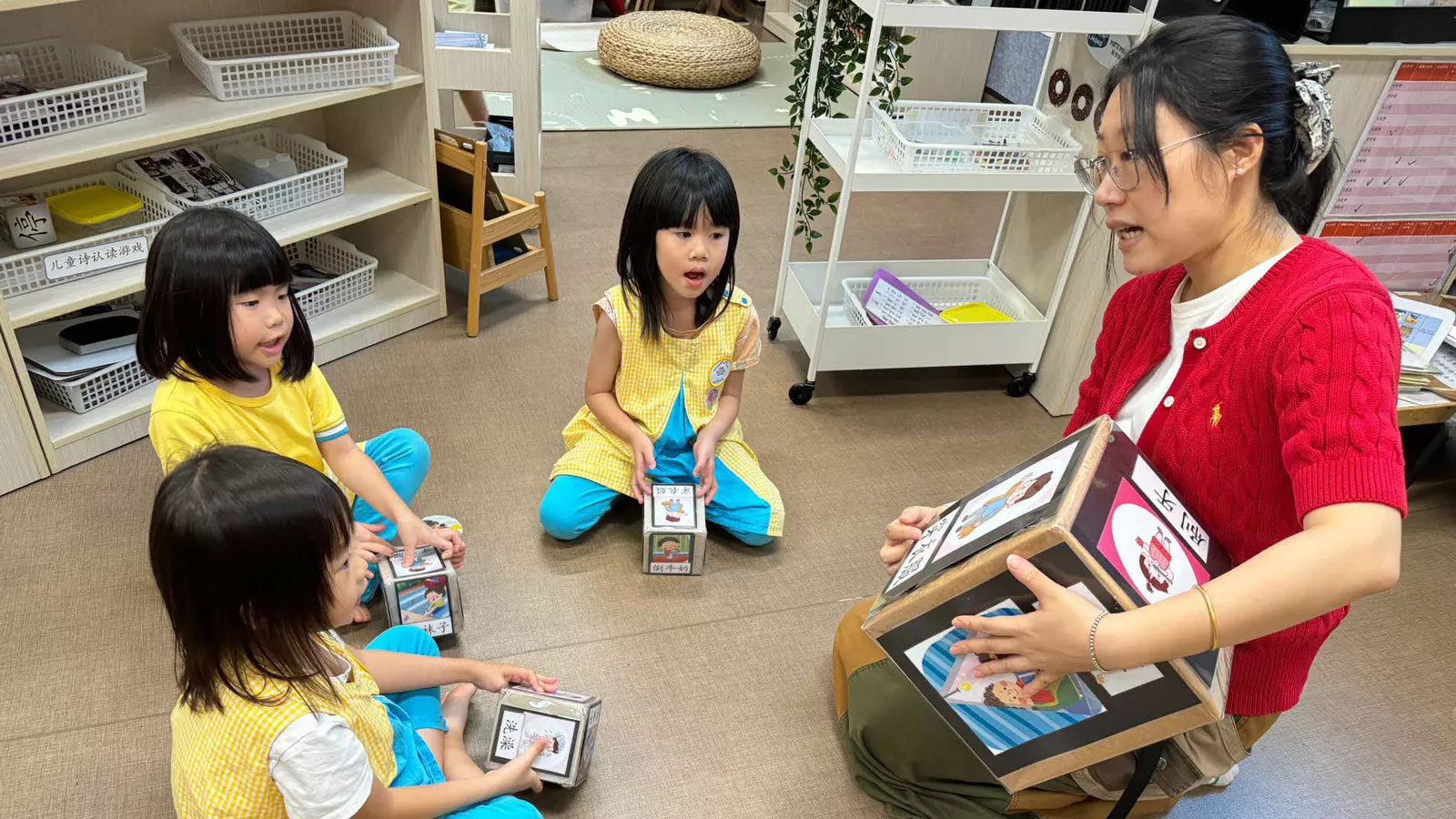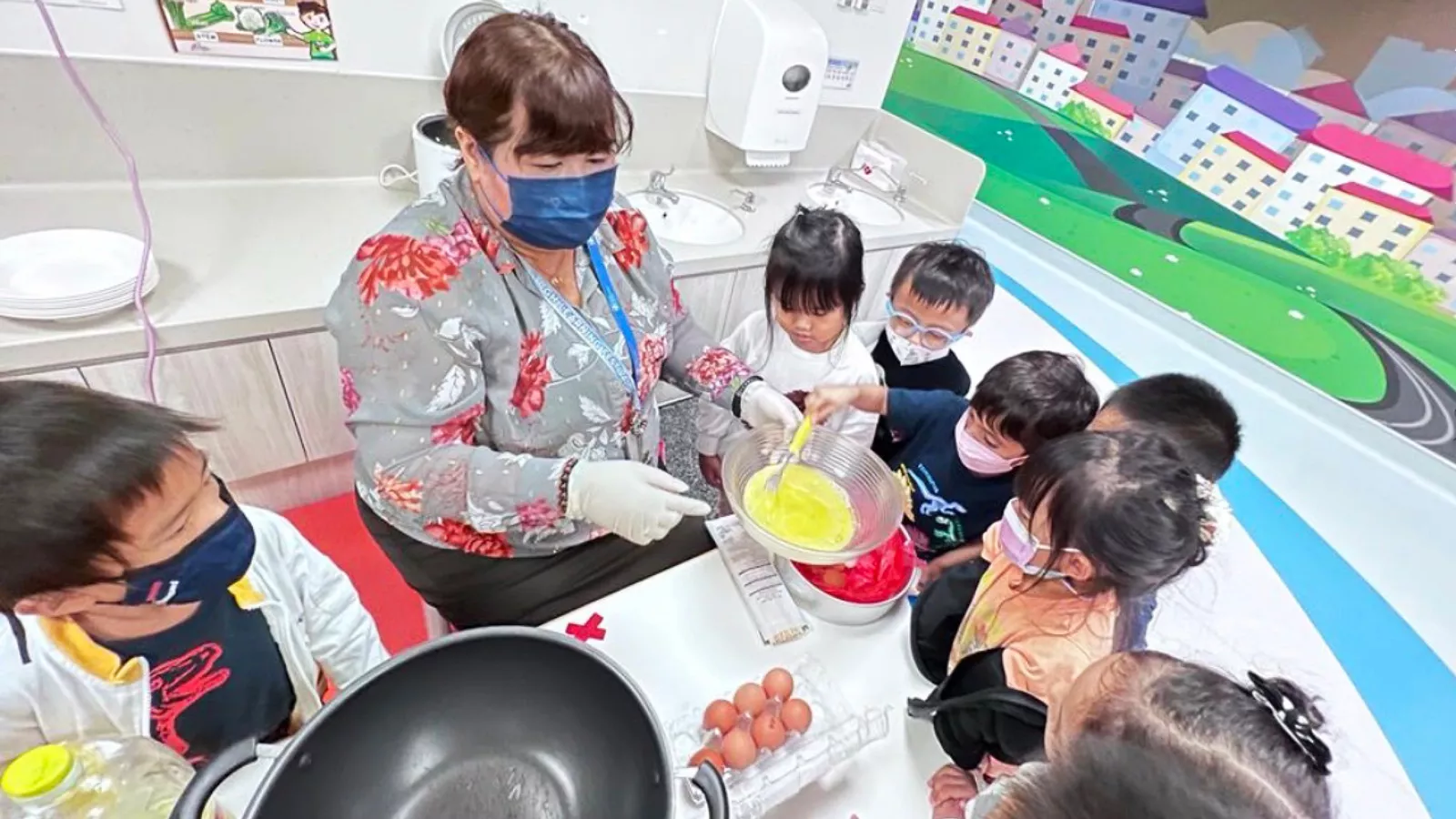By Ms Jocelyn Choo
It was a university module during my psychology degree that sparked my interest in supporting children with developmental needs. The experience made me realise that, due to brain plasticity in the early years, I could work with children with additional needs to help them overcome learning challenges.
I subsequently earned an Advanced Diploma in Early Intervention (Special Needs) and joined AWWA as an early interventionist in 2012. When AWWA rolled out its Development Support and Learning Support (DS-LS) Programme a year later, I jumped at the opportunity to be a part of the pioneering team supporting preschoolers with mild developmental needs — and I’m still with the DS-LS team today.
In November 2024, I was awarded ECDA’s Outstanding Early Intervention Professional. Having my family there to celebrate made the day even more meaningful. I couldn’t have done it without them!
MAKING EVERY SESSION COUNT
As Lead Educational Therapist with AWWA’s DS-LS team, I conduct one-on-one intervention sessions with children in mainstream preschools who need additional help mainly with literacy skills. They may have mild developmental delays or poor exposure to literacy, leading to learning difficulties in naming and writing letters of the alphabet and gaining letter-sound knowledge.
The sessions are held in their preschools, where I use targeted strategies tailored to each child’s needs, such as creating visual aids to enhance concept retention.
 Ms Choo brings learning to life with visual aids and hands-on activities.
Ms Choo brings learning to life with visual aids and hands-on activities.
The most rewarding part of my role is witnessing children’s growing confidence as they apply their newly acquired skills and integrate better with their classroom peers. I am thrilled when parents see their children persevere and achieve milestones, be it blending sounds, reading simple books or copying full sentences.
AWWA recently launched a Community of Inclusive Practice to provide peer support and sharing sessions for preschool educators and principals. Moving forward, I hope to contribute more to such networking and capability-building efforts. Inclusion is for everyone, not just those with additional needs. At the end of the day, all of us yearn to feel accepted.









